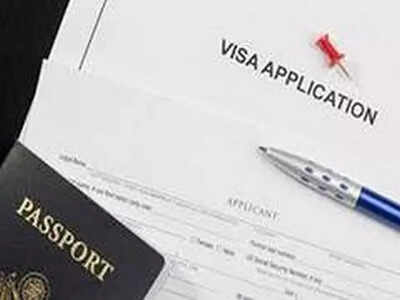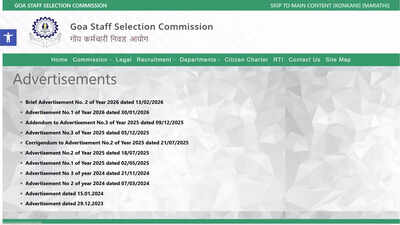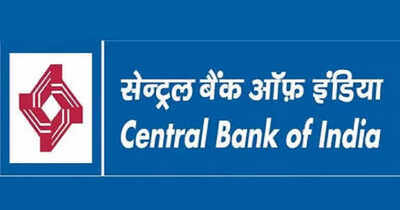UK’s Skilled Worker rules change after July 22: Why this deadline matters for Indian tech professionals, engineers, and healthcare workers

The United Kingdom will introduce new Skilled Worker visa rules beginning July 22, 2025, bringing significant changes to salary thresholds, skill level eligibility, settlement timelines, and visa processes. These updates are part of a broader overhaul aimed at reducing net migration and shifting towards a more digitally managed immigration system.The upcoming changes are particularly relevant to Indian nationals, who form the largest group of Skilled Worker visa holders in the UK. Professionals in IT, engineering, and healthcare must carefully evaluate the new requirements and timelines, especially those planning to apply or renew visas under the current system.Skill and salary thresholds to rise significantlyOne of the most impactful changes is the increase in the required skill level. From July 22, only roles classified at RQF Level 6—equivalent to a UK bachelor’s degree—will be eligible under the Skilled Worker route. Previously, jobs at RQF Level 3 (A-level or equivalent) were also accepted. This change excludes more than 180 occupations from eligibility, particularly affecting supervisory and technical roles.Salary thresholds are also increasing. The new general salary minimum for Skilled Worker visa applicants is £41,700. Roles requiring a PhD will need a salary of at least £37,500, while those in STEM PhD roles or listed under the Temporary Shortage List (TSL) may qualify with a minimum salary of £33,400. Applicants who entered the UK before April 4, 2024, may still be eligible for a lower extension threshold of £31,300.For Indian IT professionals and engineers, who frequently apply under codes that previously fell under RQF Level 3–5, it is essential to verify if their role still qualifies under the updated skill classification.10-year path to settlement beginsFrom July 22, the qualifying period for Indefinite Leave to Remain (ILR)—the UK’s settlement status—will double from 5 to 10 years for Skilled Worker visa holders. While transitional protections may apply in certain cases, applicants should plan long-term immigration goals accordingly.To qualify for ILR under the new rules, individuals must also meet the new salary requirements and show continuous legal residence over the 10-year period.Why the July 22 deadline mattersThe last date to apply under the current Skilled Worker rules is July 21, 2025. After that, all applications will be assessed using the updated salary and skill criteria. Applicants and sponsoring employers are advised to secure a Certificate of Sponsorship (CoS) and submit visa applications before the deadline to benefit from existing eligibility conditions.Employers must also adapt their recruitment strategies. Medium-skilled jobs, including some IT support and health technician roles, may no longer qualify for sponsorship under the new RQF Level 6 requirement. Additionally, stricter sponsor licence compliance checks will be introduced.Digital visa system to apply from July 15From July 15, 2025, all visas, including Skilled Worker visas, will be issued as eVisas. These are digital records linked to the applicant’s passport and replace traditional visa stickers. Visa holders must keep their personal and passport details updated in the UKVI system to maintain valid immigration status.Employers and landlords will verify right-to-work and right-to-rent status through the digital system. This transition marks a shift to fully online immigration compliance for all new applicants.Key steps for Indian professionals before July 22• Confirm whether your job remains eligible under RQF Level 6• Ensure salary meets the revised thresholds• Have your employer issue a CoS before July 22• Apply before the deadline to benefit from transitional rules• Prepare for digital compliance under the new eVisa systemFor Indian professionals seeking to live and work in the UK, acting before July 22 may be the most straightforward path under current immigration rules.




